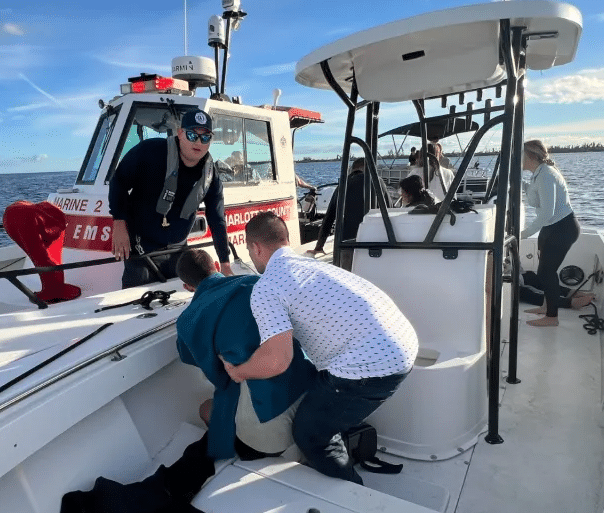Probate in Florida:
What You Need to Know
Understanding the Probate Process
Probate is a court-supervised process in Florida for validating wills, settling debts, and distributing assets to heirs, governed by Chapters 731–735 of the Florida Statutes. For Sarasota residents, understanding probate’s mechanics, costs, and challenges is crucial to determine whether avoidance strategies, such as trusts or beneficiary designations, are appropriate. Sarasota.law provides this detailed overview, supported by authoritative links, to inform your estate planning decisions.

How Probate Works in Florida
Probate begins when a will is filed with the court, typically in the county of the decedent’s residence, such as Sarasota’s 12th Judicial Circuit, as outlined on the Sarasota Clerk of Court website. If no will exists, intestacy laws (Chapter 732, Florida Statutes) govern distribution, potentially leading to outcomes that do not reflect the decedent’s wishes. The probate process involves several key steps:

Filing the Will
Appointing a Personal Representative
Notifying Creditors
Paying Debts and Taxes
Distributing Assets
Formal Administration
Summary Administration

Costs and Challenges of Probate
Costs
Public Nature
Delays

When is Probate Required?

Trust Ownership
Beneficiary Designations
Joint Ownership
Homestead Property
Why Avoid Probate?

Time Savings
Cost Reduction
Privacy
Simplicity
Steps to Assess Probate Exposure
Review Asset Titles
Evaluate Estate Value
Consult a Florida-Licensed Attorney
Frequently Asked Questions FAQs
How long does probate typically take in Sarasota?
Is probate always public in Florida?
Can homestead property avoid probate?
What happens if no will exists?
Key Resources

- Florida Statutes, Chapters 731–735
- Sarasota Clerk of Court: Probate
- Florida Probate Rules
- Florida Bar: Probate in Florida
- Florida Probate Law Group: Guide to Florida Probate
- Florida Constitution, Article X, Section 4
- Florida Bar: The Revocable Trust
- Sarasota County Bar Association
- American Bar Association: Estate Planning
Next Steps
Evaluate your estate’s exposure to probate by reviewing asset titles and consult a Florida-licensed attorney to explore avoidance strategies, such as trusts or beneficiary designations, to ensure efficient and private asset transfers.
